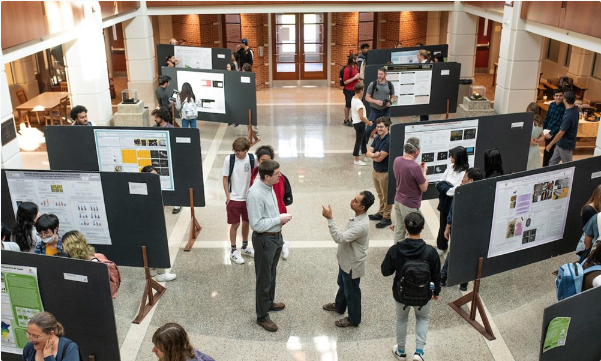Date of Award
5-2022
Document Type
Thesis
First Advisor
Rebecca Schindler
Second Advisor
Sarah Cowan
Third Advisor
Adam Liebman
Abstract
If things could talk, what would they tell us? Specifically, what do the things within the walls of our own homes, or tucked away in a box for safe-keeping, or stuffed in our backpack—things of ordinary value or small-scale worth— say about life in the 21st century? While objects displayed in museums provoke visitors to consider the mastery of artistic skill, or the desirability of rare materials, what does the family photograph in the pocket of the museumgoer signify about human relations to things? This project explores why everyday things and personal artifacts are worthy of academic research. Specifically, it is of interest as to what is the most important movable material object in the possession of a variety of “ordinary” individuals. At first glance, this might be objects such as a “childhood photobook,” “dad’s trombone,” “a family ring,” “my photos,” a “car,” “my ceramic art project,” “Capital Volume I” by Karl Marx, a “family photo album,” “my laptop,” “my polaroid images that I started taking freshman year,” “necklace/ ring my Dad and I made together back at home,” “my ankle bracelet gifted by my grandma,” “my grandma’s necklace,” “Grandpa's class ring,” or “my mom’s Christmas ornaments.”1 By recording interviews with participants about “their most important material possession,” this project compiled a variety of personal stories about material culture in Greencastle. Central to the thesis is the telling of these stories through the words and perspectives of the individuals who they belong to. Material objects, because of their ability to be imbued with meanings and memories, served as prompts for telling these stories and encouraging participants to recollect on their past experiences, current values, and important relationships in their lives. Interviewing family groups (consisting of persons with a common ancestor or who are unified through marriage as well as those unrelated but living together) was the focus of the project, so that familial connections or generational differences could be investigated. However, individuals without other family members to participate were not excluded from the project. Overall, this project aims to identify the most important object to each participant, to record the stories those objects elucidate, and to identify any themes that arise from those stories among individuals, families, and the broader Greencastle community. The results of this project are by no means a representative sample of the Greencastle community, but rather unique stories of a select few residents who I am lucky enough to have met during my time living in Greencastle.
Recommended Citation
Milligan, Brenna '22, "An Oral History on Material Culture in Greencastle, Indiana: Investigating the Importance of Movable Objects to Individual, Familial, and Community Relationships" (2022). Honor Scholar Theses. 197, Scholarly and Creative Work from DePauw University.
https://scholarship.depauw.edu/studentresearch/197


